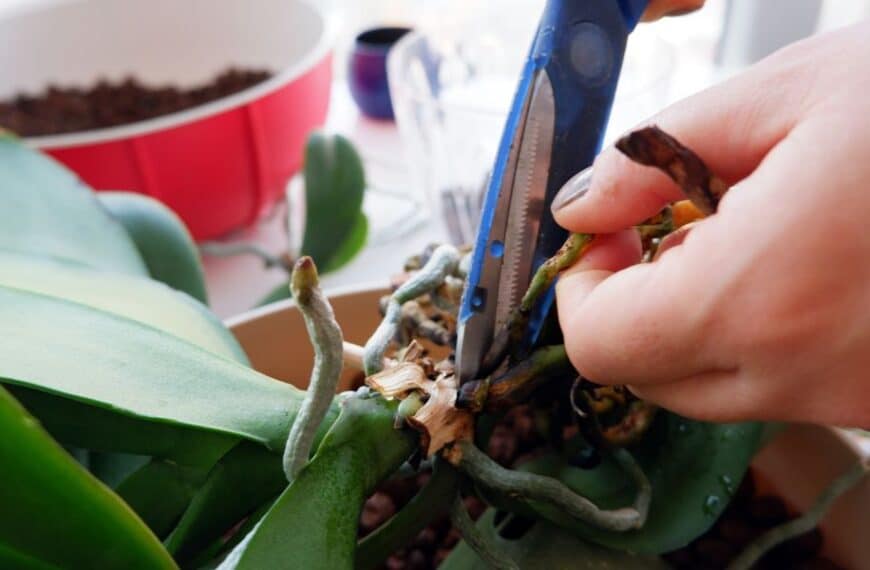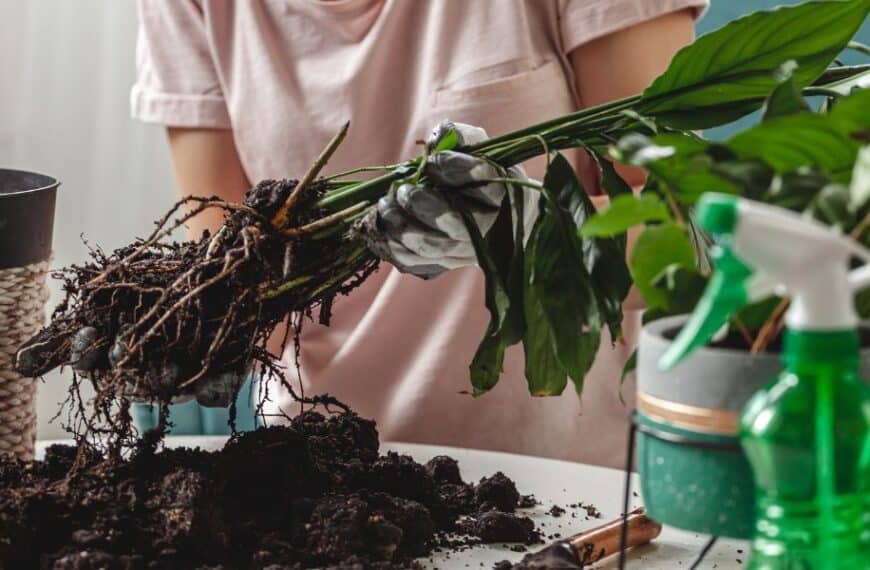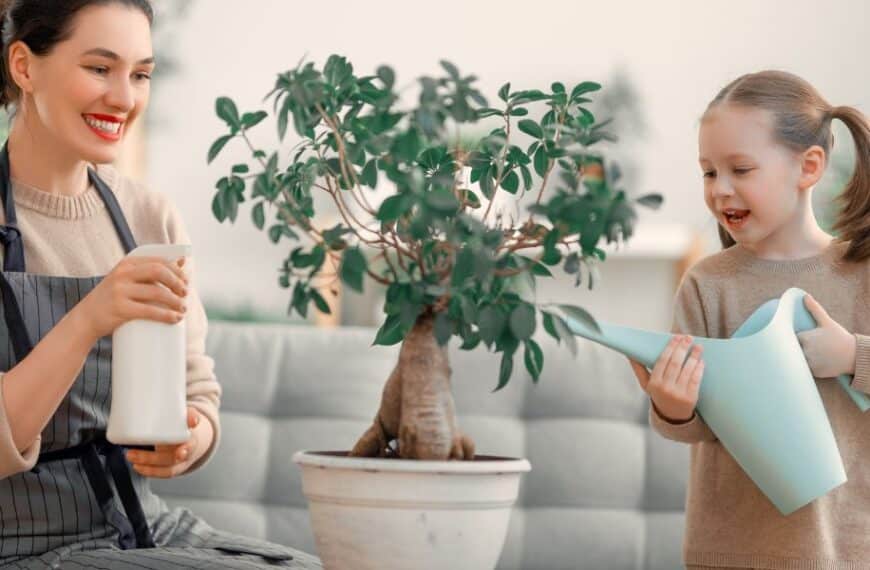Content
Tropical houseplants are a popular choice for many homeowners due to their vibrant colors, unique shapes, and the exotic touch they add to any living space.
However, these plants, which are native to warm and humid climates, can be challenging to care for in cooler climates. But don’t let this deter you from adding a touch of the tropics to your home.
With the right knowledge and care, you can create a suitable environment for your tropical houseplants to thrive, even in cooler climates.
Understanding Your Tropical Houseplant’s Needs
Temperature Requirements
Tropical plants generally prefer temperatures between 65 and 85 degrees Fahrenheit. In cooler climates, maintaining these temperatures, especially during winter months, can be challenging.
To keep your plants warm, place them in the warmest areas of your home such as near heaters or on top of radiators. However, avoid direct contact with heat sources as it can dry out the plant.
Humidity Preferences
Tropical plants thrive in high humidity levels, often above 50%. In contrast, most homes in cooler climates have humidity levels below this range.
To increase humidity around your plants, you can use a humidifier or place a tray filled with water near your plant. The water will evaporate and increase the humidity around the plant.
Choosing the Right Location
The location of your tropical houseplant within your home can significantly impact its health. These plants typically need plenty of indirect light.
Placing them near north or east-facing windows is usually ideal. If natural light is limited, consider using fluorescent lights to supplement.
Avoid placing tropical plants near drafty windows or doors as cold drafts can cause leaf drop. Also, keep them away from air vents as the dry air can cause dehydration.
Proper Watering and Feeding
Watering
Overwatering is a common mistake when caring for tropical houseplants. While these plants love moisture, they don’t like to sit in water.
Ensure your plant’s pot has good drainage and only water when the top inch of soil feels dry.
Feeding
Tropical plants generally require feeding every two weeks during the growing season (spring and summer) and once a month during the dormant period (fall and winter).
Use a balanced, water-soluble fertilizer and follow the package instructions for dosage.
Regular Maintenance
Regular maintenance is key to keeping your tropical houseplants healthy. This includes pruning dead or yellowing leaves to promote new growth and regularly checking for signs of pests or disease.
Remember, each type of tropical houseplant may have specific care requirements. Always research your particular plant to ensure you’re providing the best care possible.
With a little effort and attention, you can enjoy the beauty of tropical houseplants in your home, regardless of the climate outside.








